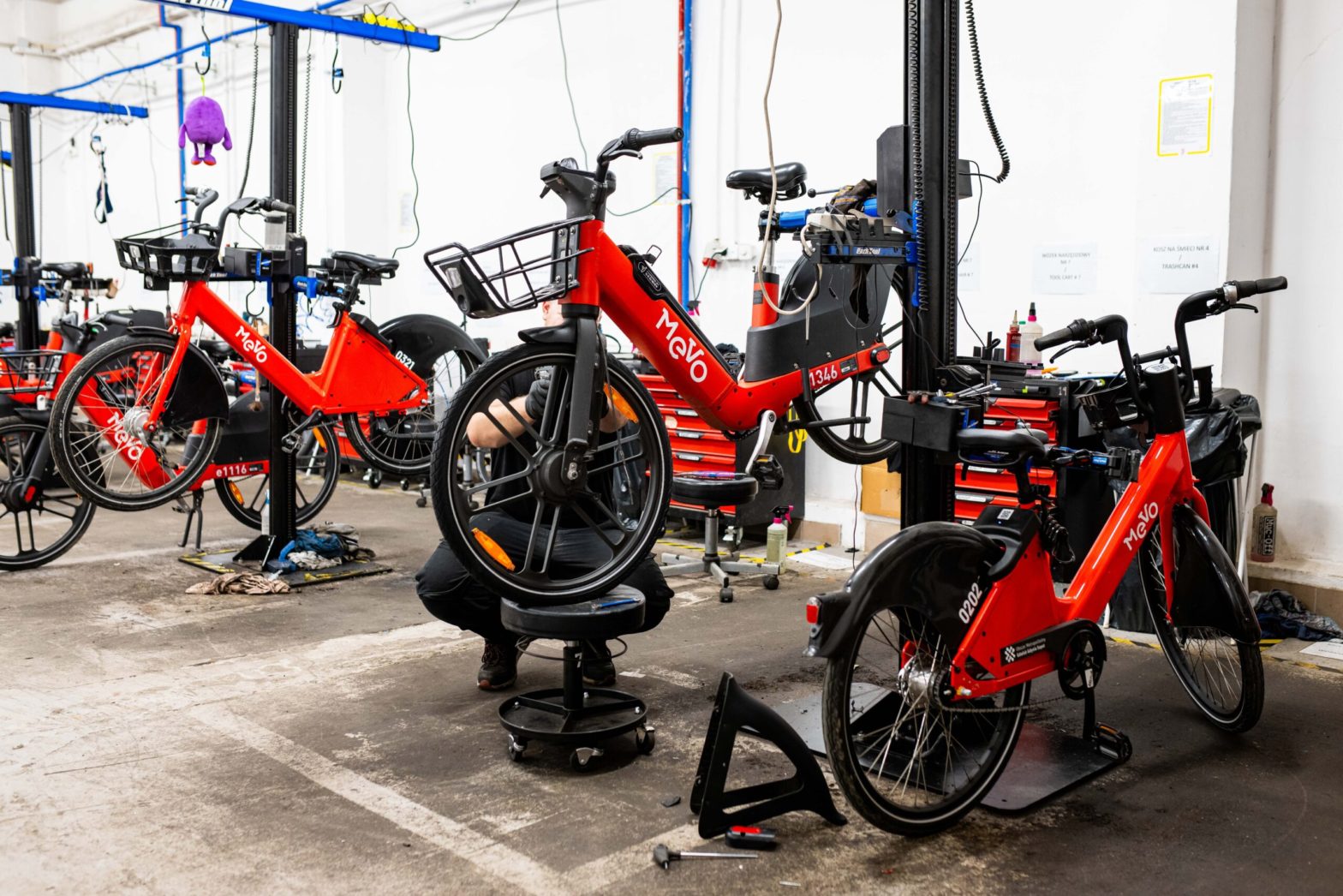
Cities lead global rise in green employment
28 October 2025
by Jonathan Andrews
C40 Cities has reported that 21 million good green jobs now exist across 81 of its member cities, marking progress towards its goal of 50 million by 2030.
The figures show that local climate policies are contributing to employment growth in sectors including waste management, construction, energy, and transport.
C40 defines good green jobs as employment that reduces greenhouse gas emissions, protects the environment, and improves well-being while providing fair pay, safe conditions, and stable work. The network’s latest analysis suggests that such roles now make up more than 10 percent of all jobs in its cities.
Jazmin Burgess, Director of Inclusive Climate Action at C40 Cities, told Cities Today that the definition is grounded in international standards.
“Drawing from the definitions from UNEP and the International Labor Organization (ILO), C40 Cities defines good green jobs as new green jobs or existing jobs transformed into green ones, sustained by transformative climate action,” she said. “They enhance health and well-being, preserve or restore the environment, and help to limit greenhouse gas emissions. They occur across a range of urban sectors, including construction, transport, energy, resilience, and healthcare, and aim to provide living wages and safe and stable working conditions.”
Burgess said cities are increasingly embedding inclusion into their green jobs strategies to ensure that opportunities are open to all residents. Many programmes focus on training and workforce development for groups that have historically faced barriers to employment.
“Numerous C40 cities are working with communities and partners to design climate action that delivers good-quality green jobs for all, particularly underrepresented groups such as women, informal workers, and migrants,” she said. “Through the Inclusive Climate Action Fund, for example, C40 has supported the city of Bogotá in training women from disadvantaged backgrounds to become e-bus drivers and thrive in a sector where women are traditionally underrepresented.”
She noted that similar approaches are under way elsewhere. “Accra has been working closely with informal waste workers, developing collaborative policy frameworks for informal workers, improving their rights and working conditions and their recognition in the community,” she said. “Madrid, with support from C40’s VISIBLE project, is providing training and employment opportunities in building retrofits and renewable energy installation to vulnerable individuals, including migrants, unemployed youth, and women.”
C40 is also supporting cities to assess job quality and equity within the transition. Burgess said this involves helping governments analyse barriers and engage directly with affected communities.
“C40 provides cities with tailored assistance to carry out worker engagement processes, analyses of barriers to access green jobs, and design and implement policies that directly respond to workers’ and communities’ needs,” she said. “We have conducted workforce equity assessments in several cities to estimate the quality of the jobs that will be created in the sectors most impacted by climate action.”
Despite the progress, Burgess said finance remains a major challenge.
“C40 and its cities recognise that cities cannot achieve the target of 50 million good green jobs by 2030 alone,” she said. “They are working together with national governments, international financing institutions, the private sector, and unions to ensure a cohesive and long-lasting approach to green job creation and workforce development programmes.”
She added that collaboration between cities is proving vital. “Over the past few years, we have connected representatives of 14 global megacities–from Accra in Ghana to Rio de Janeiro in Brazil–in a dedicated peer learning initiative on green jobs to exchange solutions and knowledge on how cities can drive equitable, sustainable, and secure local green jobs to support a just transition to net zero.”
- Waste management: 80 percent of jobs in the sector are now green as cities achieve universal waste collection and reduce the amount of waste going to landfill.
- Transport: 32 percent green jobs, driven by public transit expansion and electrification.
- Construction: 22 percent green jobs, fuelled by building decarbonisation.
- Energy: 28 percent green jobs, reflecting rapid shifts to clean power.
Image: Elena Elisseeva | Dreamstime.com











